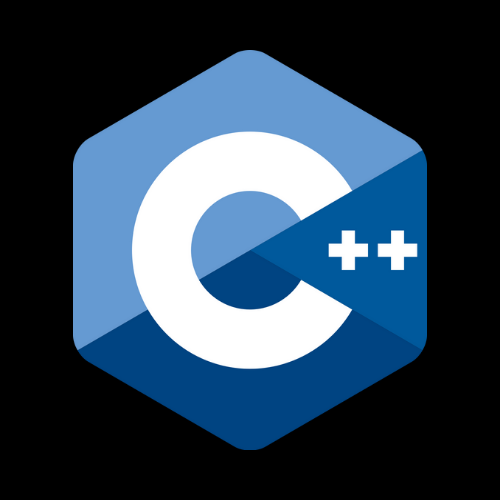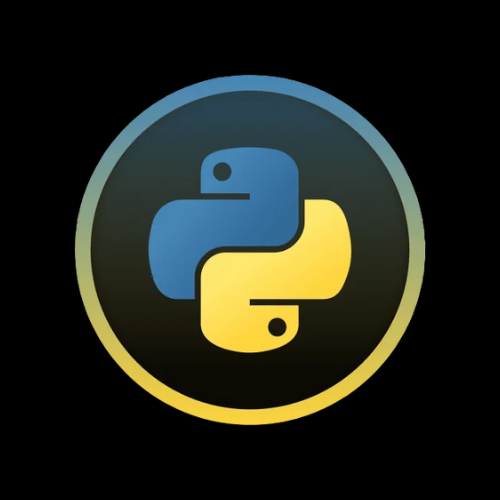In C, references and memory addresses are essential concepts when dealing with variables and data storage. Let's explore these concepts in detail with examples.
Memory Addresses:
In C, every variable is stored in a specific location in the computer's memory, and you can access this location through a memory address. A memory address is typically a hexadecimal number that represents the location of a variable in the computer's memory.
Here's an example of how to work with memory addresses in C:
#include <stdio.h>
int main() {
int x = 10;
// Getting the memory address of the 'x' variable
int* ptr = &x;
// Printing the value of 'x' and its memory address
printf("Value of x: %d\n", x);
printf("Memory address of x: %p\n", (void*)ptr);
return 0;
}
In this example, we declare an integer variable x and then use the & operator to obtain its memory address, which we store in a pointer variable ptr. We print both the value of x and its memory address. The %p format specifier is used to print memory addresses, and (void*) is used to cast the pointer to void*, which is expected by %p.
References:
In C, references are not a built-in feature as they are in some other programming languages like C++. However, you can achieve a similar effect using pointers.
Let's see how to create a reference-like behavior using pointers:
#include <stdio.h>
int main() {
int x = 10;
int* ref = &x; // Creating a "reference" to x using a pointer
// Modifying the value of x through the "reference"
*ref = 20;
// Printing the updated value of x
printf("Updated value of x: %d\n", x);
return 0;
}
In this example, we create a pointer ref and assign the memory address of x to it. We can use the * operator to access and modify the value stored at the memory address pointed to by ref. This gives the effect of modifying x through a reference.
While C doesn't have direct reference types like C++, you can simulate reference behavior using pointers as demonstrated above. Understanding memory addresses and pointers is crucial when working with low-level programming in C, as it allows you to interact with and manipulate data in memory directly.



